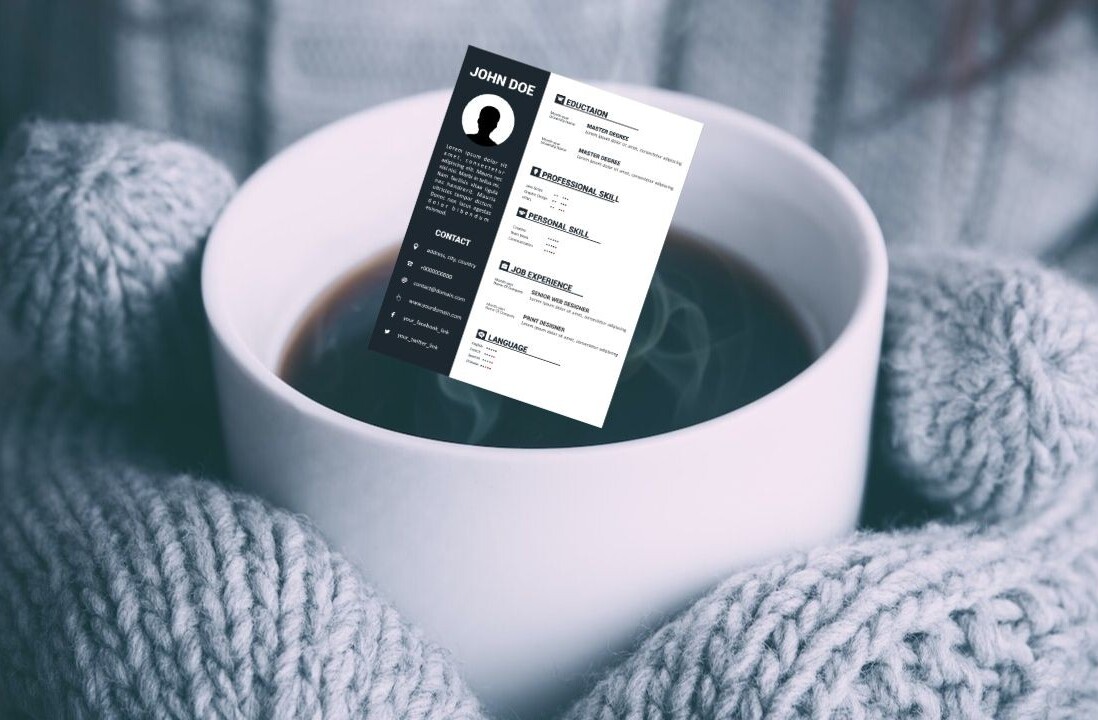
Last week at State of the Startup, a monthly event in NY (which I co-hosted) focused on the latest trends in the startup world, Charming Robot and Hard Candy Shell cofounder Dan Maccarone gave a talk titled “User experience trends and you.” In true tough-love fashion, Maccarone covered a number of trends and ultimately explained the problem with stealing bad ideas.
Maccarone opened the talk with a quote from Charles Caleb Cotton: “imitation is the sincerest [form] of flattery.” Of course imitation happens everywhere, and on the Internet, it’s more common than not.
Looking back, Maccarone brought up the big travel sites of 2004: Expedia, Orbitz and Travelocity, all three of which looked exactly the same. Instead of focusing on standing out, studying user intent or building a better experience, Maccarone says that “they all just kept trying to one-up each other” with deals.
In another example, Maccarone shared the slide below showing three different e-commerce sites side by site. What you get is “a sea of sameness.”

There are many design patterns that exist, some of which save time and keep designers from reinventing the wheel. The problem with examples like the one above, Maccarone says, it that these designers aren’t helping the customer.
Instead, he says, they’re saying “here’s a bunch of stuff…go for it!” Compare that to walking into a retail store, where different outfits are featured and emphasized based on where you enter, what’s new and what’s on sale. The bottom line is, at least according Maccarone, that online stores like these can do much more to actually help users make a decision.
With this in mind, Maccarone says that the above example is by no means the worst case:
But then there are things that people copy because they see someone else doing it, and they’re like ‘they must be doing it right because they’re not changing it.’ Then someone else copies it, and someone else copies it, and all of a sudden, it’s all over the Internet…like the carousel:

Maccarone argues that the carousel, despite it’s popularity, is a fundamentally bad design because it doesn’t consider the way people actually consume content on the Internet.
Videos aside, it’s a pretty easy to argue that users don’t casually sit and stare at a page waiting for something to change. Instead, users generally want quickly consumable content that they can move through freely. Maccarone calls this “one of [his] favorite failures of the Internet,” because it’s a compromise that brings more content “above the fold,” at the price of a bad user experience.

Moving on to products, Maccarone explains that copying isn’t just about design, but also features and ideas. Demonstrating this, he compares Foursquare, Gowalla, Yelp and Facebook, all of which have the now quite familiar “check in” feature.
Maccarone believes that Yelp’s decision to add a check in feature makes absolutely no sense, considering that it’s not so much a social product but a community of after-the-fact reviews. Additionally, the people whose reviews we follow on Yelp aren’t exactly the same people we’d actually want to hang out with…or know where we live.
Similarly, Facebook as a service wasn’t built with location sharing in mind, and that’s why adding features like this can lead to uncomfortable situations; like checking into a bar a 2AM and having the client you’re meeting with the following morning see it. Of course, that issue doesn’t apply to everyone, but it’s worth considering.
Copying features ≠ good product
Maccarone says that “copying features does not make a good product. It can actually make a product worse [because] a feature set is not a strategy.” Moreover, he says that “just because everyone else is doing it, doesn’t mean it’s a good idea.” To that point, here are five sites that look like, but aren’t Pinterest:

Pinterest has clearly worked so far for its own goals, allowing users to sporadically scan and save random bits of content. Maccarone argues, however, that this design doesn’t actually work for nearly any other application, which is why it’s not a good idea to copy unless you’re actually just trying to rip it off entirely.
His takeaway: Startups really aren’t thinking about what the user wants, and how to help them accomplish that goal. Focusing on that is the only thing that will actually make your users happy.
For those interested, here are all of Dan Maccarone’s slides:
Get the TNW newsletter
Get the most important tech news in your inbox each week.




